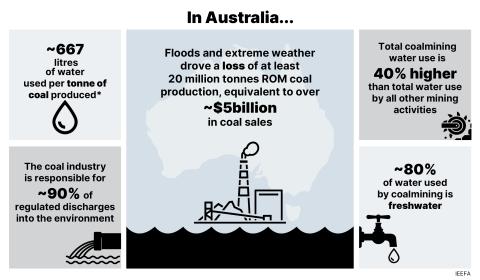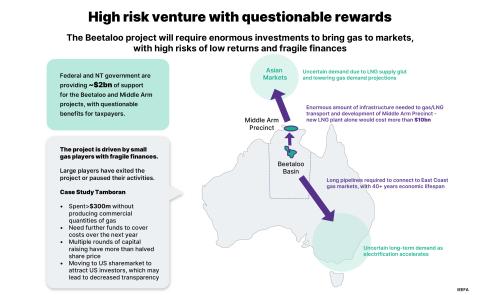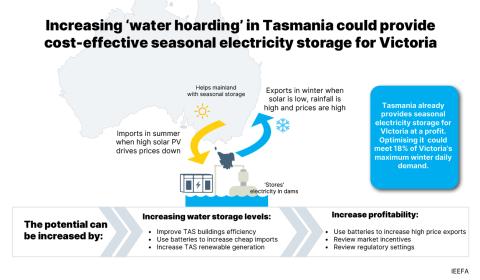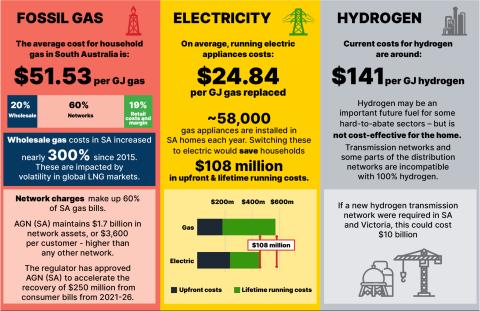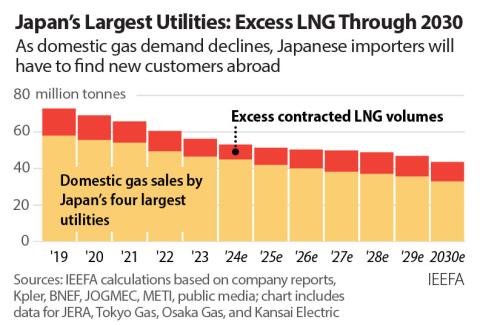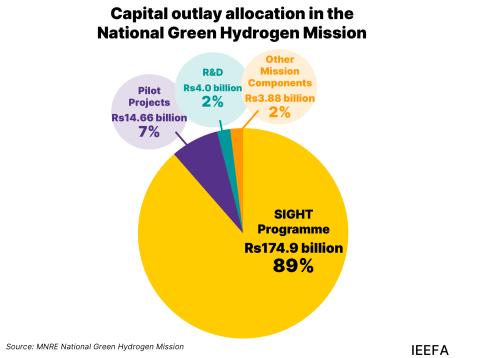Coal-Lease Reform: ‘Obama Is Doing for the Coal Industry What It Cannot Do for Itself’
CLEVELAND, Jan. 15, 2016 (IEEFA) — New Obama administration policies announced today that implement a comprehensive review of the federal coal lease program and a moratorium on federal coal leases are “welcome, long overdue and in the best interest of taxpayers,” said Tom Sanzillo, director of finance for the Institute for Energy Economics and Financial Analysis (IEEFA).
“President Obama is doing for the coal industry what it cannot do for itself,” Sanzillo said. “With the recent bankruptcy filing of Arch Coal, the U.S. has now seen 50 coal-company bankruptcy filings since 2012.”
Additional comments from Mr. Sanzillo:
“A federal lease moratorium allows the federal government, as owner of the coal, and stakeholders to establish a new business model for coal. The old model of supplying cheap coal on any terms the coal industry wanted is not working anymore. As IEEFA outlined in its 2012 report on federal coal leasing, the last real discussion on coal leases occurred amidst scandal over 30 years ago.”
“Markets have changed since the 1980’s. The coal industry is shrinking, and it will continue to shrink for the foreseeable future. It will be a much less important source of energy for the nation’s electricity grid going forward. However, coal has a future—a future that includes fewer companies and less mining to supply a much smaller number of coal-fired power plants.”
“The coal industry is unprepared for this new market. The federal government as owner of almost 50 percent of the coal produced for electricity in the U.S. must step in to discipline production, restrict supply and provide better management for this national resource. RIght now the coal industry is bankrupt. It is offering no business leadership or support for the U.S. as it goes through its energy transition and manages climate change.”
“The coal industry, once a critical player in the energy future of the U.S., is now little more than a self-interested party seeking a bailout. The industry has forfeited its claim to protected status by failing to innovate and by pursuing a series of failed business strategies that have left the industry—and more important the people of the U.S.—without strong corporate leadership in this sector of the energy economy.”
“We anticipate this decision will have little immediate impact on the supply of coal in the U.S. According to the Energy Information Administration, the nation has 18 billion tons of recoverable coal in producing mines and an additional 256 billion tons of recoverable coal. The U.S. is producing just under 1 billion tons of coal per yea, and this amount is expected to decrease over the next decade.”
(http://www.eia.gov/coal/annual/pdf/table15.pdf)
“Of the amount of recoverable coal from producing mines, 8 billion of the 18 bilion tons is located in Montana and Wyoming, the two states most involved with the federal lease program. The PRB produced just under 400 million tons of coal in 2015. The PRB has an estimated 20-year supply under the most recent scenario.”
“Under the Obama administration the Bureau of Land Management has entered into leases on 13 applications amounting to over 2.2 billion tons of coal. These new reserves plus the reserves already under lease should offer an ample supply of coal in the coming years.”
“Over the last two years a number of coal leases were bid out by the Bureau of Land Management and no bids were received reflecting the fact that there are no market incentives to go forward with new mining. Arch walked away from Jacobs Ranch and Rhino Resources walked away from a Colorado project.”
(Coal Reserve Data: http://www.eia.gov/coal/annual/pdf/table15.pdf)
Director of Finance Tom Sanzillo has 30 years of experience in public and private finance, including as a first deputy comptroller of New York State, where he held oversight over a $156 billion pension fund and $200 billion in municipal bond programs.
Media contact: Karl Cates, [email protected] +1 917.439.8225

